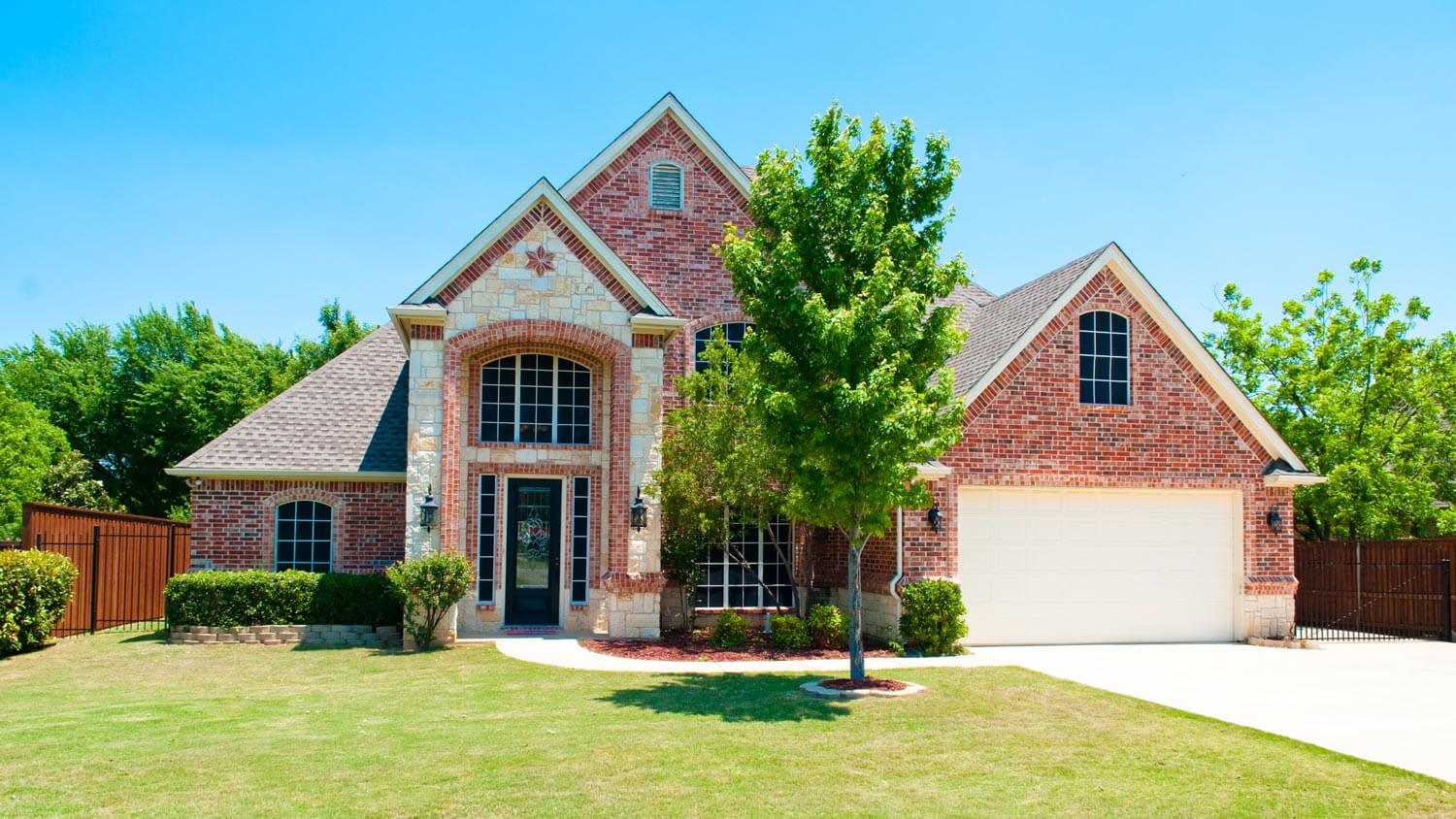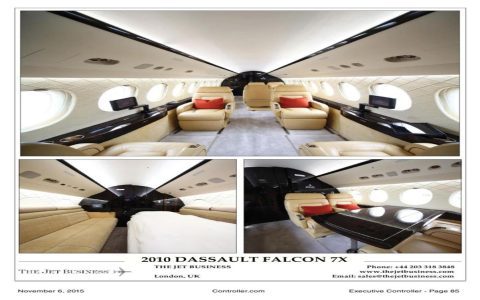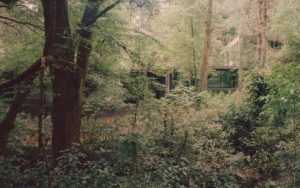Brick and timber construction offers distinct advantages that modern materials struggle to match. These traditional building methods provide exceptional value through unique structural and environmental properties.
Superior Structural Integrity
Brick provides exceptional compressive strength and fire resistance, while timber offers impressive tensile strength and flexibility. This combination creates buildings that withstand extreme weather, seismic activity, and fire hazards more effectively than many modern alternatives.
Natural Thermal Regulation
Masonry's thermal mass absorbs heat during the day and gradually releases it at night, stabilizing indoor temperatures. Timber provides inherent insulation, reducing reliance on mechanical HVAC systems. This synergy typically lowers energy costs by 20-30% compared to lightweight construction.

Built-In Sustainability
Both materials originate from renewable resources with significantly lower embodied energy than steel or concrete. Responsibly sourced timber acts as carbon sequestration, while brick's durability ensures century-long lifespans. End-of-life materials can be repurposed with minimal processing.
Health-Protective Environment
Clay bricks naturally resist mold and microbial growth without chemical treatments. Timber regulates indoor humidity between 30-50%, optimal for respiratory health. These passive properties create allergen-resistant environments without off-gassing toxins common in synthetic materials.
Long-Term Economic Advantage
Initial costs compare favorably with high-end alternatives while delivering superior lifecycle value. Minimal maintenance requirements—no siding replacements or refinishing—coupled with 100+ year durability result in substantially lower total ownership costs. Insurance premiums often reflect the superior hazard resistance.





